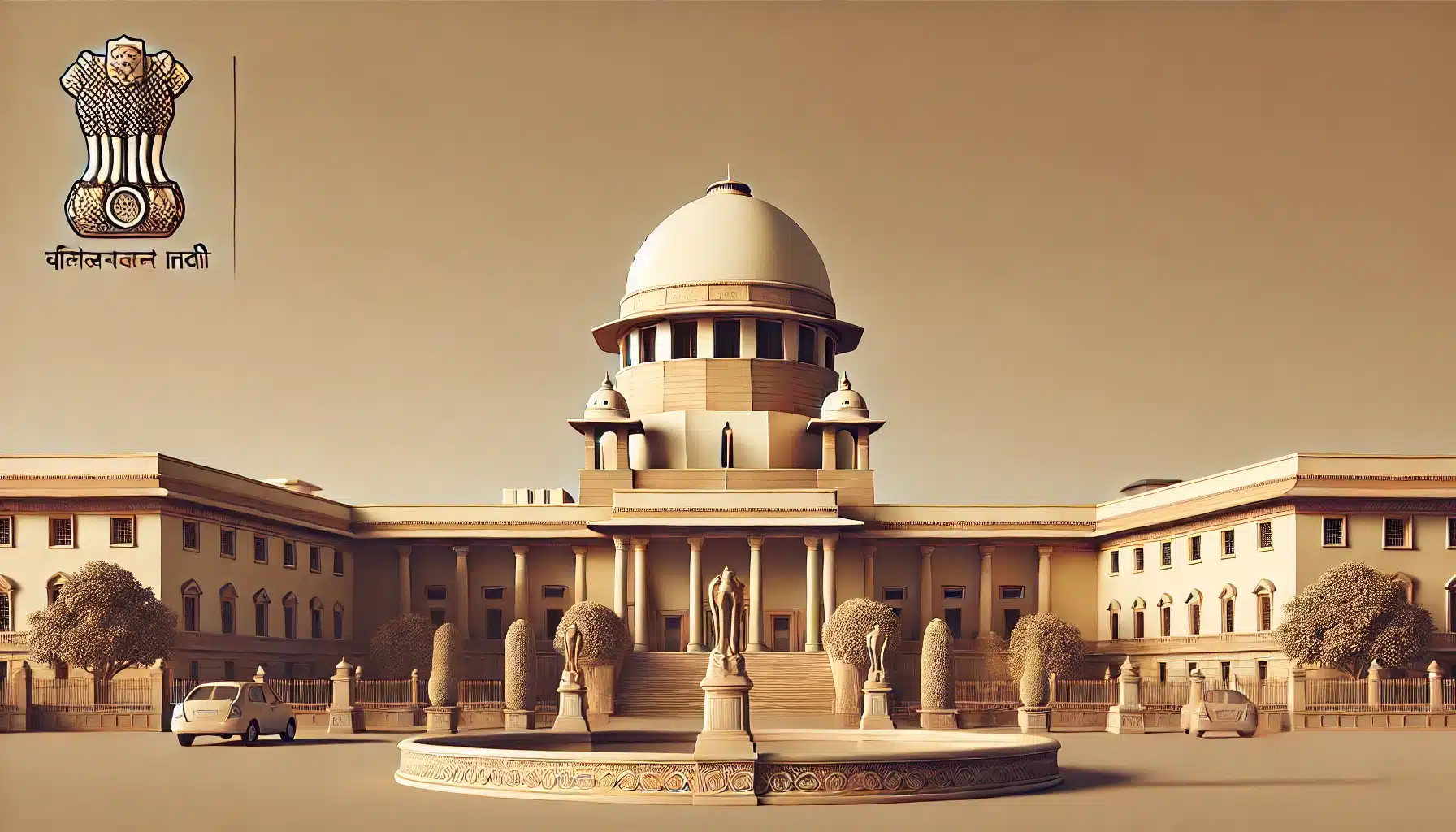Maneka Gandhi has moved the Supreme Court, challenging both the election of Samajwadi Party MP Ram Bhuwal Nishad and the validity of Section 81 of the Representation of People Act, 1951. Gandhi alleges that Nishad misrepresented criminal cases in his election nomination form, and her petition was di

In a pivotal legal battle, Maneka Gandhi, a senior BJP leader and former Union Minister, has escalated her challenge against the election of Samajwadi Party MP Ram Bhuwal Nishad to the Supreme Court. Gandhi, who was the sitting Member of Parliament for the Sultanpur Lok Sabha constituency, has raised serious concerns regarding the legitimacy of Nishad’s election in the recently concluded 2024 General Elections. Alongside disputing Nishad’s election, Gandhi is also questioning the constitutional validity of Section 81 of the Representation of People Act, 1951 (RP Act), which governs the time period for filing election petitions.
These two crucial petitions are slated for a hearing tomorrow before a Supreme Court bench comprising Justices Surya Kant and Ujjal Bhuyan.
Election Results and Allegations
- In the 2024 Lok Sabha elections, Ram Bhuwal Nishad secured a decisive victory over Maneka Gandhi by a margin of over 43,000 votes.
- Nishad received 4,44,330 votes, while Gandhi trailed with 4,01,156 votes, marking the end of her term as MP for Sultanpur.
- Shortly after the results, Gandhi filed an election petition in the Allahabad High Court alleging that Nishad failed to properly disclose pending criminal cases in his nomination form (Form-26).According to Gandhi’s petition, Nishad revealed only 8 criminal cases in his affidavit, whereas there were 12 criminal cases pending against him at the time of filing. This discrepancy, Gandhi argues, undermines the transparency of the election process and violates the disclosure obligations under election laws.
High Court Dismissal Based on Procedural Grounds
- The Allahabad High Court, however, dismissed Gandhi’s petition on August 14, 2024, citing a seven-day delay in filing. The petition was deemed non-compliant with Section 81 of the RP Act, which mandates that any election petition must be submitted within 45 days from the date the election results are declared.
- Gandhi had urged the court to excuse the delay, explaining that she had been hospitalized at the time and was unable to file the petition within the prescribed time limit.
- Despite her plea, the High Court, in accordance with Section 86 of the RP Act, rejected the petition, stating that any deviation from the time limit set by Section 81 is grounds for automatic dismissal. Section 86 specifically mandates that petitions not adhering to Sections 81, 82, and 117 must be dismissed.
Grounds for Supreme Court Appeal
- Following the High Court’s dismissal, Gandhi has now approached the Supreme Court with two petitions:
- The first petition challenges Nishad’s election victory, reiterating the accusation that he misrepresented the number of criminal cases pending against him.
- The second petition contests the constitutional validity of Section 81 of the RP Act. Gandhi’s legal team argues that the section’s strict 45-day limitation period is unreasonable and fails to account for exceptional circumstances, such as medical emergencies.
- Gandhi has pointed out that her delay in filing was due to circumstances beyond her control, and a delay of only one week should not justify dismissal of an election petition.
Legal Provisions in Question
- Section 81 of the Representation of People Act, 1951, stipulates that an election petition must be filed within 45 days of the declaration of election results. Failure to comply with this deadline renders the petition inadmissible.
- Section 86 of the same Act obliges High Courts to dismiss election petitions that do not conform to the requirements laid down in Sections 81, 82 (relating to necessary parties), and 117 (relating to security deposits).
- Gandhi’s legal challenge to Section 81 suggests that the provision may infringe upon the right to fair legal recourse, especially in cases where exceptional circumstances prevent timely filing.
Implications for Election Petitions
- The outcome of this case could have profound implications for future election petitions in India. If the Supreme Court entertains Gandhi’s argument and questions the constitutionality of Section 81, it may open the door for more flexible interpretations of the RP Act’s time limitations.
- This case could set a precedent on how election law is applied in cases where petitioners face medical or unavoidable hardships, ensuring that technical limitations do not unjustly prevent petitioners from seeking legal recourse.
Upcoming Hearing and Case Title
- The case is listed for hearing tomorrow in the Supreme Court, where the constitutional validity of the time constraints imposed by Section 81 will be reviewed alongside the specific facts of Gandhi’s petition against Nishad’s election.
Source: The petitions have been filed through Advocate-on-Record Supriya Juneja and are titled:
- MANEKA SANJAY GANDHI v. RAM BHUWAL NISHAD, C.A. No. 10644/2024
- MANEKA SANJAY GANDHI v. UNION OF INDIA, WP(C) No. 588/2024





